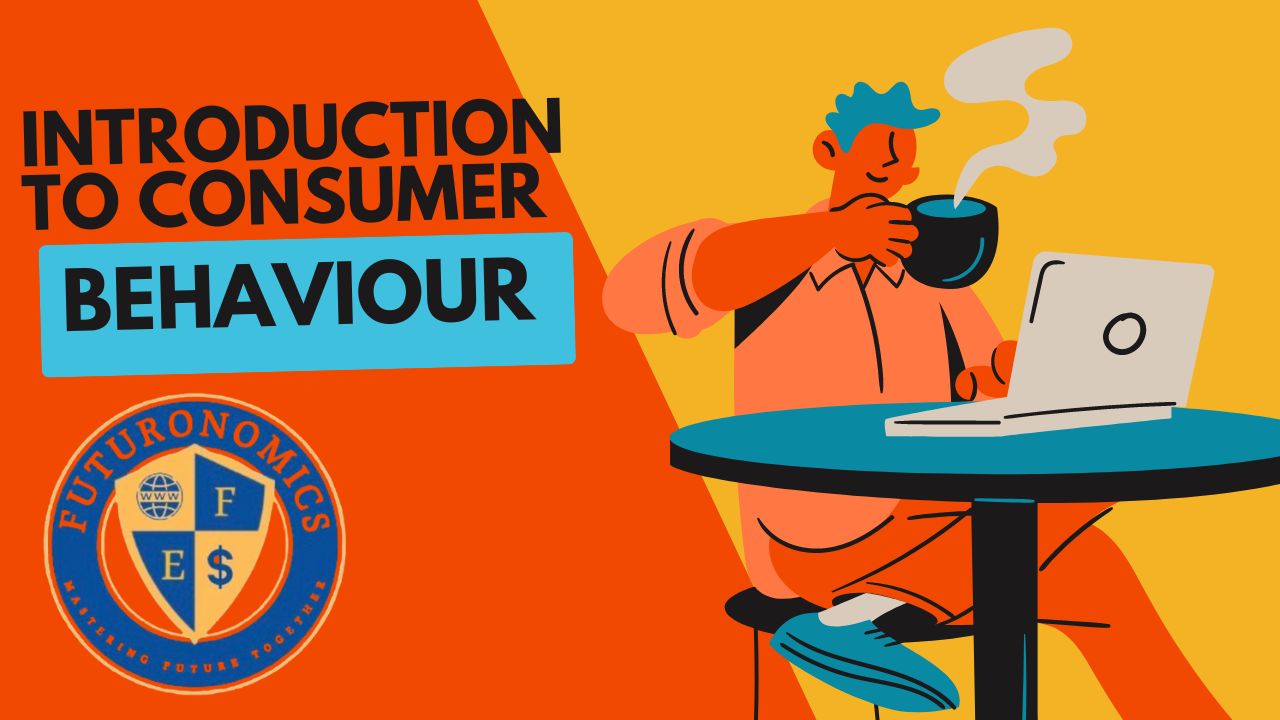
About Course
Ever wondered why people make irrational financial decisions even when they know better?
Our Introduction to Behavioral Economics course explores the fascinating world of human behavior and its impact on economic decisions. This course delves into the key concepts of behavioral economics, highlighting why it is crucial to understand these principles in today’s complex financial landscape. This course provides a comprehensive overview of behavioral economics, examining how psychological factors influence economic decision-making. You’ll explore the historical context and compare behavioral economics with traditional economic theories, gaining insights into why people often act against their best financial interests.
Enrol Now if you want to get introduced to the thinking processes & consumer insights!
Course Content
Behavioural Economics: Core Concepts
-
Behavioural Economics Explained
00:00 -
Importance of Behavioural Economics
00:00 -
Introduction to Behavioural Economics by Donald Duck
00:00

